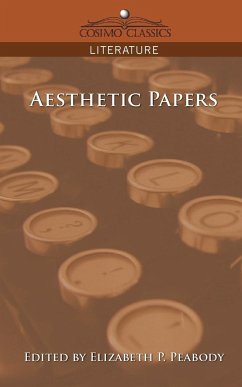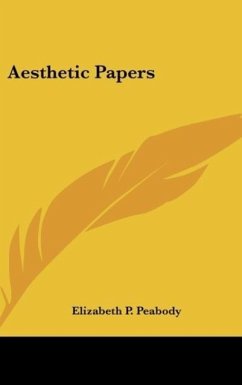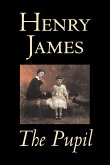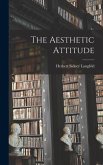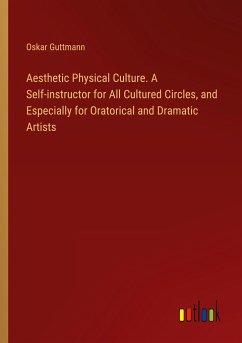The Editor wishes to assemble, upon the high aesthetic ground..., writers of different schools,-that the antagonistic views of Philosophy, of Individual and of Social Culture... may be brought together. -from "Prospectus" Intended as a periodical of the Transcendentalist movement, Aesthetic Papers published just one issue, in 1849, but what an issue it is. Featuring the first appearance in print of Thoreau's dramatically influential essay "Civil Disobedience," it also offered a selection of essays, criticism, and poetry from familiar names including Ralph Waldo Emerson, Parke Godwin, Nathaniel Hawthorne, and J.J.G. Wilkinson. An important "lost" volume of the vigorous intellectualism of the mid-19th century; this is a treasure for today's readers. American activist ELIZABETH PALMER PEABODY (1804-1894) was a tireless member of Massachusetts' Transcendentalist society, and was a sister-in-law to both author Nathaniel Hawthorne and educational reformer Horace Mann. Her battles encompassed the abolition of slavery, the rights of Native Americans and women, and the improvement of American education. As the founder of kindergarten in the United States and perhaps the first female publisher in America, she exerted a profound influence over the nation's public life and public institutions.
Hinweis: Dieser Artikel kann nur an eine deutsche Lieferadresse ausgeliefert werden.
Hinweis: Dieser Artikel kann nur an eine deutsche Lieferadresse ausgeliefert werden.

